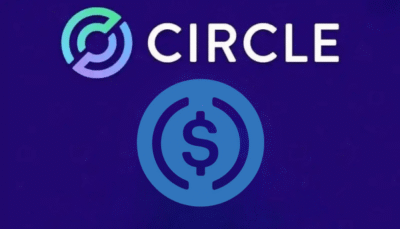South Korea’s largest cryptocurrency exchange, Upbit, has regained the ability to onboard new users, at least for now. A local court granted an injunction on March 27, temporarily lifting a three-month suspension imposed by the country’s Financial Intelligence Unit (FIU), marking a crucial development in an ongoing legal battle.
The decision offers Upbit a temporary reprieve as it fights back against allegations of regulatory violations, while also highlighting the broader tightening of crypto oversight in South Korea.
The injunction was filed by Dunamu, Upbit’s parent company, in response to the FIU’s February 25 sanction, which banned the platform from accepting new deposits and withdrawals from new clients for three months.
The FIU had accused Upbit of breaching rules that prohibit transactions with unregistered virtual asset service providers (VASPs). Dunamu quickly challenged the decision in court and requested an injunction to pause the ban during litigation.
According to a March 27 report from Newsis, the court approved the injunction, moving the effective date of the suspension to 30 days after a final judgment is delivered, effectively allowing Upbit to continue growing its user base in the meantime.
Upbit’s Compliance Challenges Run Deep
Founded in 2017, Upbit has long dominated South Korea’s crypto market. However, the exchange came under increased scrutiny last year when the Financial Services Commission (FSC) launched an investigation on October 10 into potential anti-monopoly violations.

The regulatory pressure escalated in November, when the FIU flagged between 500,000 to 600,000 potential Know Your Customer (KYC) violations while reviewing Upbit’s business license renewal. These alleged breaches relate to regulations introduced in 2018 that require KYC verification for all crypto users in South Korea.
The FIU also accused Upbit of facilitating 45,000 transactions with unregistered foreign exchanges, violating the country’s Act on Reporting and Using Specified Financial Transaction Information, a law intended to curb illicit finance and ensure tighter control of crypto-related activity.
Upbit’s legal struggle coincides with South Korea’s broader clampdown on cross-border crypto activities. On October 25, 2024, the government introduced a new reporting mandate for businesses handling international digital asset transactions, citing concerns over tax evasion and currency manipulation.
As part of enforcement efforts, the FIU successfully lobbied Google Play to block 17 unregistered crypto exchange apps, with ongoing discussions to extend restrictions to the Apple App Store and internet access points.
These moves reflect a broader trend: South Korea is working to tighten oversight over both domestic and international crypto platforms, pushing the industry toward higher transparency and regulatory compliance.
What’s Next
While the injunction allows Upbit to resume onboarding new clients, it does not resolve the core allegations. Regulatory pressure remains high, and the outcome of Dunamu’s legal challenge will likely shape the future compliance standards for crypto platforms operating in South Korea.
As crypto regulation continues to evolve, Upbit’s case will be closely watched, not only by domestic exchanges, but by international players eyeing expansion into South Korea’s tightly regulated market.





